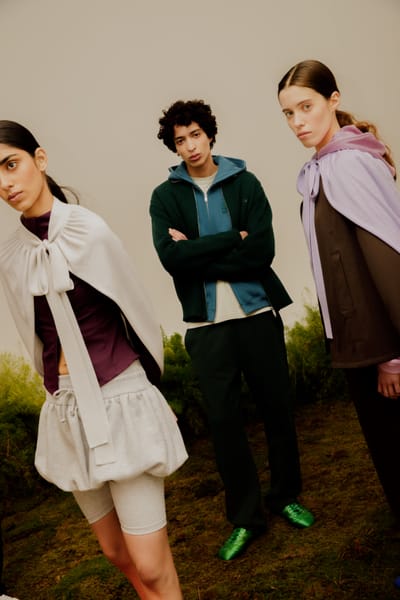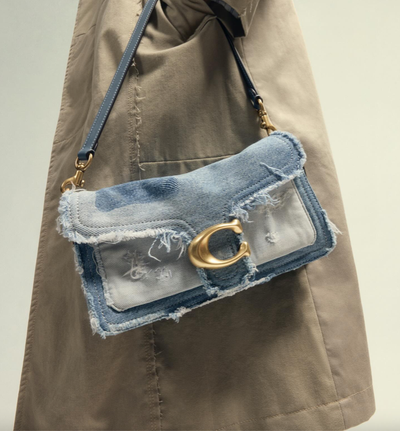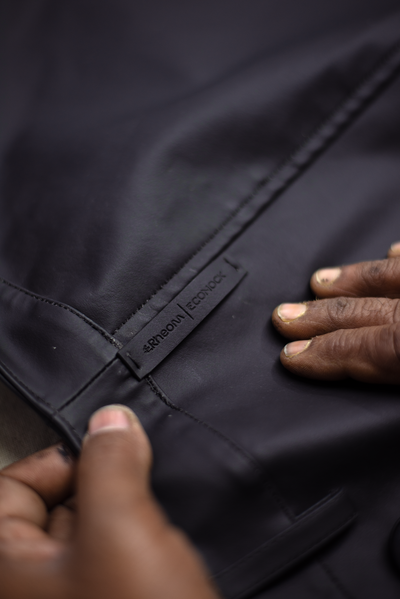In a bid to combat the environmental toll of fast fashion, a wave of sustainable innovations is sweeping through the industry, revolutionising the way we perceive and produce clothing. From haute couture to high street brands, fashion labels are increasingly prioritising eco-conscious practices in response to growing consumer demand for ethical and sustainable products.
One notable trend gaining momentum is the shift towards eco-friendly materials. Traditional fabrics like cotton, notorious for their high water consumption and pesticide use, are being replaced with more sustainable alternatives such as organic cotton, hemp, and bamboo. Furthermore, innovative technologies are enabling the development of materials made from recycled plastic bottles, ocean waste, and even agricultural by-products like pineapple leaves and mushroom leather.
Circular fashion initiatives are also on the rise, challenging the linear 'take-make-dispose' model of traditional fashion production. Brands are embracing concepts like clothing rental, resale platforms, and repair services to extend the lifespan of garments and reduce waste. Additionally, some companies are exploring closed-loop systems where products are designed for recyclability, ensuring that materials can be reused or repurposed at the end of their life cycle.
Collaborations between fashion brands and environmental organisations are further driving sustainable change. Partnerships aim to raise awareness about environmental issues within the industry and foster innovation in sustainable practices. For instance, initiatives like the Fashion Pact bring together leading fashion companies committed to reducing their carbon footprint, protecting biodiversity, and promoting circularity.
Consumers are increasingly conscious of the environmental and social impact of their clothing choices, prompting brands to adopt transparent supply chains and ethical labour practices. This shift towards greater transparency empowers consumers to make informed purchasing decisions, supporting brands that align with their values.
While significant progress has been made, challenges remain in scaling up sustainable practices across the industry. Issues such as sourcing sustainable materials at scale, implementing circular systems on a global level, and addressing social equity within the supply chain continue to pose complex challenges.
Nevertheless, with increasing collaboration, innovation, and consumer awareness, the fashion industry is gradually embracing sustainability as not just a trend, but a fundamental ethos shaping its future. As brands continue to adopt eco-friendly practices and consumers demand greater accountability, the journey towards a more sustainable fashion industry is well underway.






